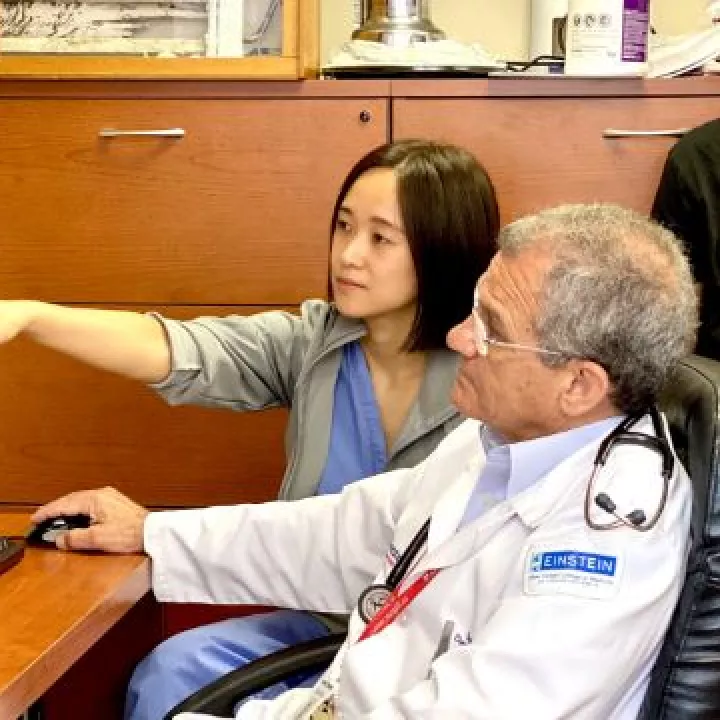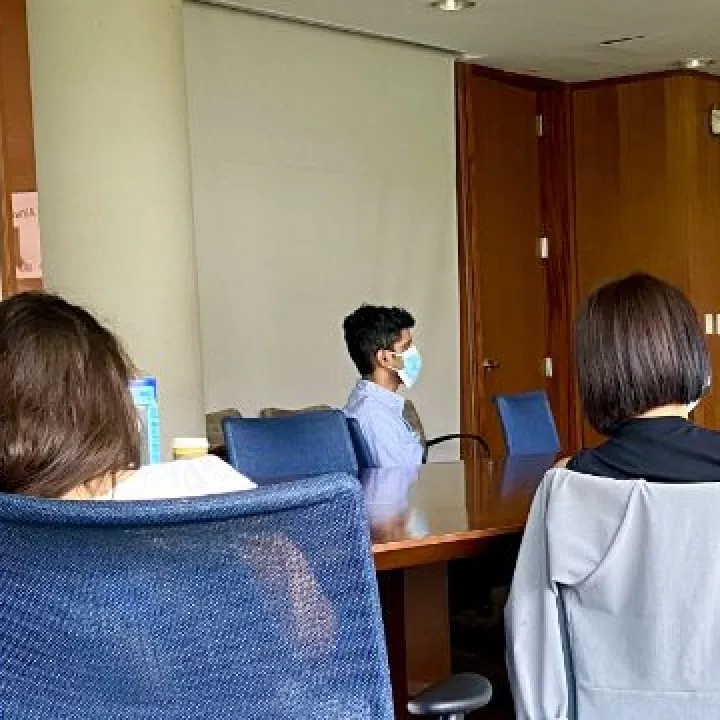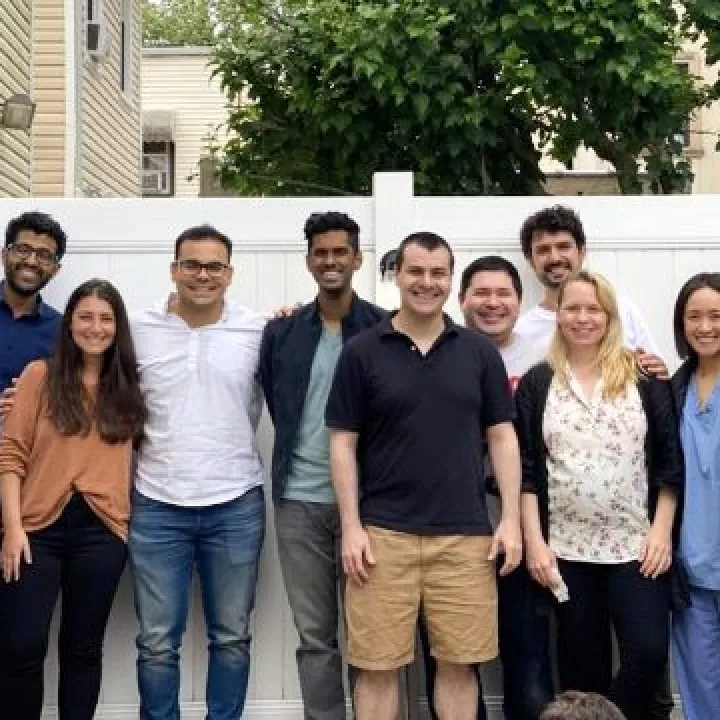Overview
The Division of Pulmonary Medicine at Albert Einstein College of Medicine and Montefiore Medical Center has a long-standing history of providing much needed care for the population in the Bronx. We have come a long way from being pioneers in tuberculosis diagnosis and management at the historic tuberculosis care unit at Van Etten hospital to developing the unique concept of ‘ICU without walls.’ This allows us to provide rapid bedside care to acutely ill patients and to improve clinical outcomes.
Centers and Programs
At the Montefiore Einstein Lung Center, we take pride in providing comprehensive care for inpatients and outpatients with all types of lung and respiratory conditions. Our highly experienced board-certified pulmonologists deliver exceptional care for a variety of lung diseases, including COPD, asthma, chronic cough, bronchiectasis, and pulmonary infections.
- Advanced Pulmonary Failure And Lung Transplant Program
- Asthma Center
- Bronchiectasis And Nontuberculous Mycobacterial (NTM) Disease Program
Education
The overarching goal of the Montefiore Einstein Pulmonary and Critical Care Fellowship Program is to train ambitious physicians for a career in academic medicine as leaders, clinician educators, and physician-scientists through a strong foundation in clinical practice and research.
Clinical Training

Conferences

Research Training

Current Fellows

Past Fellows

Application Process

Contact Us
Division of Pulmonary Medicine, Department of Medicine
Montefiore Medical Center
3411 Wayne Avenue
Suite 5H
Bronx, NY 10467


